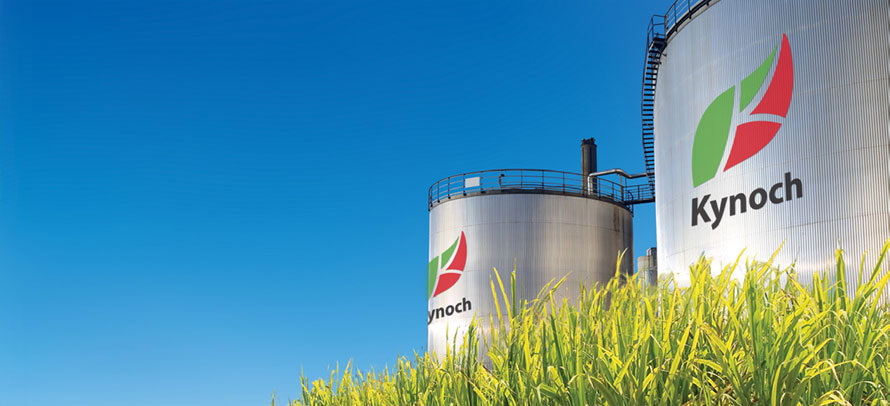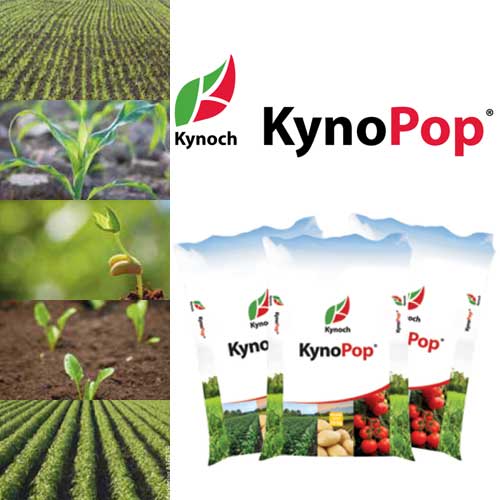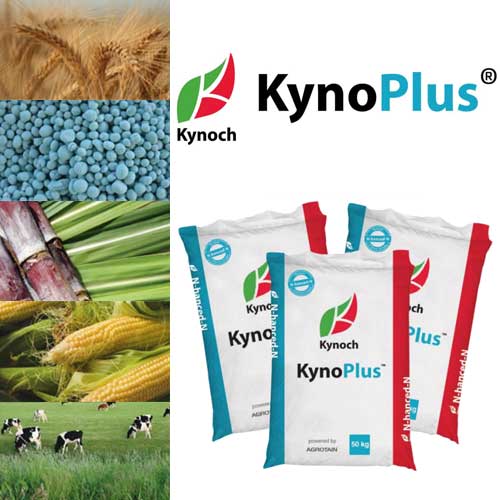
The Requirements for an Effective Citrus Fertilizer
29/07/2021The Composition and Benefits of an Organic Liquid Fertilizer
29/07/2021The Crucial Role of Fertilizer Producers
It is common practice to think of vehicle manufacturing, mining, petrochemicals and pharmaceuticals as the planet’s industry giants. As it happens, none of these is the world’s biggest producer. In practice, that title rightly belongs to the agricultural sector. In addition to the farmers and labourers who tend the land, the industry embraces horticultural scientists, entomologists, equipment manufacturers, wholesalers, distributors and retailers, to name just a few. However, today, it is the role played by fertilizer producers that is proving to be most crucial.
Before the widespread intervention by humans, mother nature successfully maintained a perfect balance between the supply and demand of nutrients essential to support animal and plant life. However, as the human population has grown, its demands have expanded in parallel. It is now several decades since we passed the point where we could rely on mother nature alone to satisfy those needs. Plants depend on nutrients in the soil to sustain them, and these eventually become depleted. Only with the help of fertilizer producers can those nutrient levels be replenished rapidly enough to support the next season’s crop.

Nevertheless, a degree of controversy persists among the general public regarding the use of inorganic rather than organic nutrients by farmers. While such concerns may be understandable, they are largely unfounded, given that the three nutrients most essential for healthy plant life are nitrogen, phosphorus and potassium. While these are present naturally in manure and compost, microbial action is necessary to render them accessible, unlike those preparations purchased from fertilizer producers.
However, delayed accessibility is not the only disadvantage of adopting a purely organic approach to plant nutrition. When applying compost or manure, a farmer has no way to know which nutrients are present and in what concentration. Consequently, it is impossible to know just how much of these mixtures it may be necessary to apply. Furthermore, the application process is laborious and time-consuming, and, due to the random composition, there is no way to guarantee each plant will receive an adequate share.
By contrast, the mixtures manufactured by fertilizer producers are of uniform consistency and contain the prescribed nutrients in known concentrations. Most are available in a liquid or granular form that renders them suitable for rapid and even distribution by mechanical means. Furthermore, because a plant’s nutritional needs vary at different points in its life cycle, manufacturers offer mixtures to promote specific activities such as germination, root growth and fruiting.
With a history of more than a century, there is an undisputed leader among the world’s fertilizer producers. Why not join South Africa’s most productive farmers, and trust the welfare of your cash crops to Kynoch.






.png?v=1594369838025?v=1594369838026)